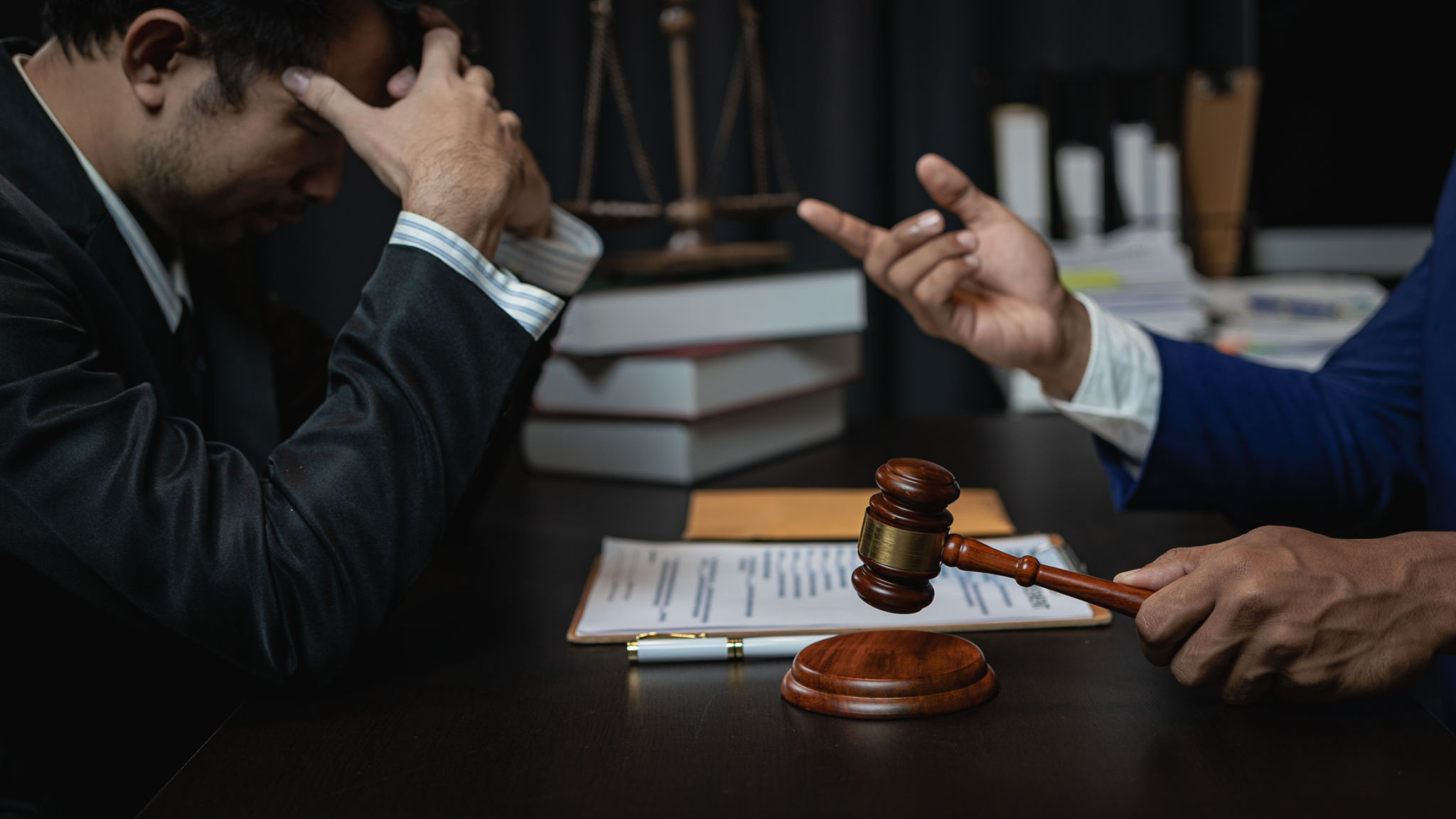Navigating Chapter 7 Bankruptcy in Virginia Beach: A Comprehensive Guide
Understanding Chapter 7 Bankruptcy
Chapter 7 bankruptcy, often referred to as "liquidation bankruptcy," is designed to help individuals in Virginia Beach eliminate overwhelming debt. It involves the sale of non-exempt assets by a bankruptcy trustee to pay off creditors. This process can provide a fresh financial start for those experiencing significant financial distress.
Filing for Chapter 7 can be a daunting process, but understanding its intricacies is crucial. It is important to comprehend who qualifies, what assets are protected, and the implications on your financial future. This guide aims to provide clarity and support as you navigate the complexities of Chapter 7 bankruptcy.

Eligibility Criteria for Chapter 7
To qualify for Chapter 7 bankruptcy in Virginia Beach, you must pass a means test. This test compares your income to the median income of a similar household in Virginia. If your income is below the median, you are typically eligible. If it exceeds the median, additional calculations will determine your eligibility.
Other eligibility requirements include completing a credit counseling course from an approved provider within six months before filing. Ensuring you meet these conditions is essential to avoid any delays or complications in your bankruptcy proceedings.
The Filing Process
Filing for Chapter 7 begins with gathering necessary documentation, such as income records, debt statements, and asset lists. You'll then file a petition with the bankruptcy court, alongside various schedules detailing your financial situation. This step is critical as any inaccuracies can impact the outcome of your case.

After filing, an automatic stay is enacted, halting most collection actions against you. This provides temporary relief from creditor harassment and gives you breathing room as the process unfolds. Shortly after filing, you'll attend a meeting of creditors where a trustee will review your case.
Asset Exemptions
One of the primary concerns for those considering Chapter 7 bankruptcy is asset protection. Virginia offers specific exemptions that protect some of your property from liquidation. Common exemptions include certain amounts of equity in your home, vehicle, and personal belongings.
Understanding these exemptions is vital to determining what assets you can retain post-bankruptcy. Consulting with a knowledgeable bankruptcy attorney can help ensure that you maximize your exempted property.

The Role of a Bankruptcy Attorney
While it’s possible to file for Chapter 7 bankruptcy independently, hiring an experienced attorney can significantly ease the process. Attorneys provide valuable guidance, ensuring all paperwork is correctly completed and submitted on time. They also represent you in court and offer advice tailored to your unique financial situation.
Choosing the right attorney involves considering their experience, success rate, and approach to client service. A competent attorney can make a substantial difference in navigating the complexities of bankruptcy law.
Life After Bankruptcy
Completing a Chapter 7 bankruptcy offers the opportunity for a fresh financial start. While it can remain on your credit report for up to ten years, many find that their credit scores begin to recover soon after discharge. Embracing responsible financial habits post-bankruptcy is crucial to rebuilding creditworthiness.

It's important to create a budget, manage expenses wisely, and explore secured credit cards or loans to rebuild credit. Many resources are available for those seeking guidance on financial management post-bankruptcy.
Conclusion
Navigating Chapter 7 bankruptcy in Virginia Beach requires careful consideration and planning. Understanding the process, eligibility requirements, and potential outcomes can empower you to make informed decisions about your financial future. With the right support and information, you can emerge from bankruptcy with a clean slate and a renewed sense of financial stability.